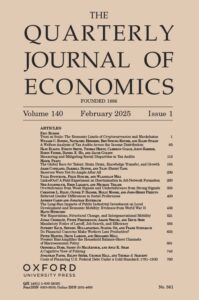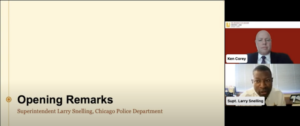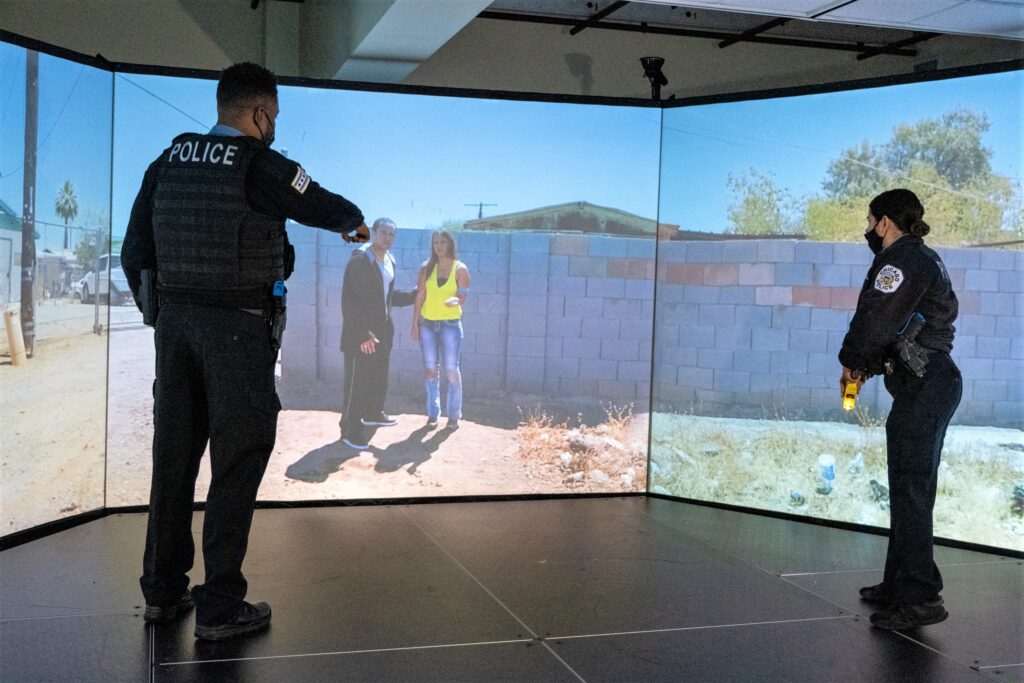Oeindrila Dube is a professor at the University of Chicago’s Harris School of Public Policy.
Professor Dube’s research focuses on the political economy of development. Her work examines links between poverty and conflict, and how institutions affect health service delivery and the spread of epidemics.
In recent work, she has examined how community involvement affected the response to the Ebola epidemic in Sierra Leone.
She has also analyzed how economic shocks affect violent conflict, and whether the gender identity of leaders determines their tendency to engage in war. Her work has appeared in leading journals including Science, the Journal of Political Economy, the Review of Economic Studies, and the American Political Science Review.
Dube holds a number of research affiliations and appointments. She is a faculty research fellow at the National Bureau of Economic Research (NBER), a fellow at the Bureau for Research and Economic Analysis of Development (BREAD), a fellow at the Centre for Economic Policy and Research (CEPR) and an affiliate of the University of Chicago Crime Lab. She is also on the board of the Abdul Latif Jameel Poverty Action Lab (J-PAL), where she serves as academic co-lead on the Crime and Violence Initiative; a non-resident fellow at the Center for Global Development; and a non-resident Senior Fellow at the Brookings Institution. Dube additionally serves as a co-editor of the Journal of Development Economics.
Directly preceding her appointment at the Harris School, Dube was an assistant professor of politics and economics at New York University. Previously, she worked at the World Bank, Oxfam International, and the Brookings Institution.
Dube received her PhD in Public Policy from Harvard University, her M Phil in Economics from Oxford University, and her BA in Public Policy from Stanford University. She was also the recipient of a Rhodes Scholarship in 2002.

A Cognitive View of Policing
This paper evaluates the impact of a behaviorally informed training program designed to improve officer decision-making and reduce adverse policing outcomes in Chicago.

Webinar – Situational Decision-Making: A New Training to Improve Policing
The Crime Lab hosted a webinar on the findings of our recently released study, A Cognitive View of Policing, which evaluated a pilot of the Situational Decision-Making (Sit-D) police training program.
NCGVR Webinar: Interventions to Improve Police Effectiveness
In a recent webinar hosted by the National Collaborative on Gun Violence Research, Oeindrila Dube presented her findings on the evaluation of Situational Decision-Making, while Philip Cook discussed the evaluation of the Chicago Police Department’s Area Technology Centers.
BFI Research Brief: A Cognitive View of Policing
Read the research brief published by the Becker Friedman Institute (BFI) for Economics at the University of Chicago.
Situational Decision-Making (Sit-D)
The Crime Lab and the Chicago Police Department (CPD) partnered to create and evaluate a behavioral science-informed training that helps improve officer decision-making in ambiguous, high-stress situations.

Latest Updates
Oeindrila Dube on Cognitive Behavioral Training for Police
In this episode of Probable Causation, Dr. Oeindrila Dube discusses her research on Situational Decision-Making, a cognitive behavioral training program for police.

How to Redesign Police Training to Reduce the Use of Force
The Chicago Booth Review’s Kasandra Brabaw highlights the Crime Lab’s study of Situational Decision-Making, a new kind of officer training that led to a dramatic drop in the use of force.


